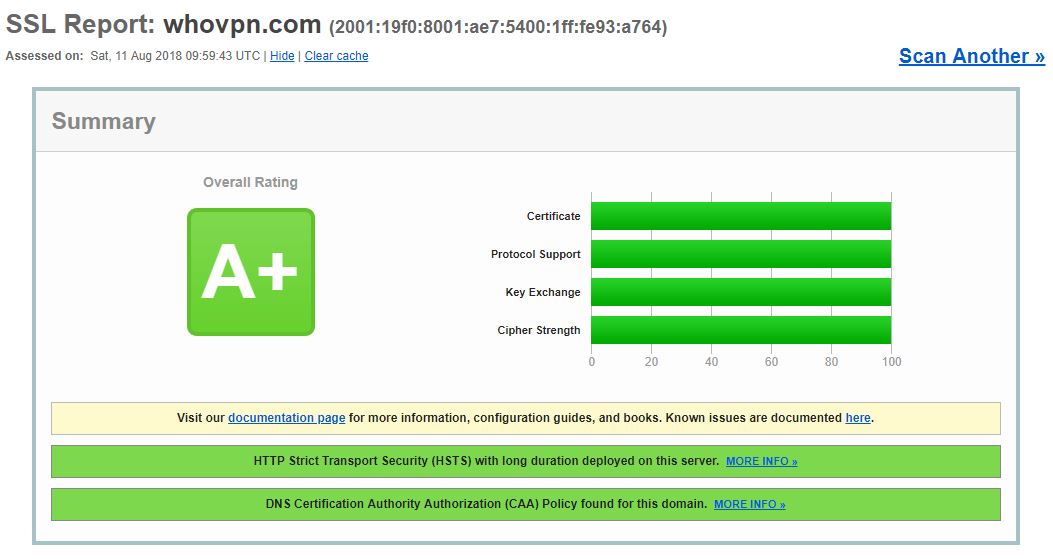I have some sites with SSL enabled only. These sites are money related or security related. So SSL is a must have.
Now the question came to my head and it is Do I need to add SPDY on it?
Let me review the basic information of SPDY.
SPDY is an experiment with protocols for the web. Its goal is to reduce the latency of web pages.
Here is the official page of this project: http://www.chromium.org/spdy
SPDY Goal:
- To target a 50% reduction in page load time. Our preliminary results have come close to this target (see below).
- To minimize deployment complexity. SPDY uses TCP as the underlying transport layer, so requires no changes to existing networking infrastructure.
- To avoid the need for any changes to content by website authors. The only changes required to support SPDY are in the client user agent and web server applications.
- To bring together like-minded parties interested in exploring protocols as a way of solving the latency problem. We hope to develop this new protocol in partnership with the open-source community and industry specialists.
I like it. Reduce page load time.
SPDY adds a session layer atop of SSL that allows for multiple concurrent, interleaved streams over a single TCP connection.
The usual HTTP GET and POST message formats remain the same; however, SPDY specifies a new framing format for encoding and transmitting the data over the wire.
If I have https, or SSL enabled web-site, I just need to add SPDY on top of it. That is it.
Back to the question, Do I need to add SPDY on my small web site?
My answer is Not now.
1) SPDY is not a Standard yet. It is a company developed protocol.
2) SPDY will be replaced by HTTP/2, which is a standard draft, including SPDY.
It is still too early to implement SPDY on production site. So, sit and wait.
Ref: http://spdycheck.org







